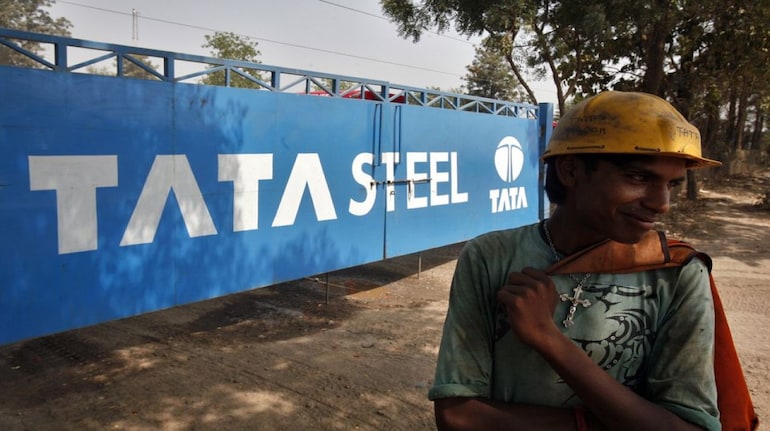



Tata Steel might need to pay more than Rs 17,000 crore as minerals tax dues to the state of Odisha, if the Supreme Court rules that states can retrospectively impose taxes on mineral extraction, the company said in an exchange filing on July 31.
The disclosure comes a week after a nine-judge Constitution bench of the Supreme Court by a majority held that the royalty payable on minerals under the Mines and Minerals (Development and Regulation) Act, 1957 is not a tax.
The SC bench said states have the power to impose tax and levies such as cess on land in which the mineral is extracted from.
However, the company is awaiting further clarity on the period of the tax levy’s applicability to fully determine its financial obligations. The SC on July 31 reserved its verdict on whether its judgment holding that states have the power to impose tax on mineral extraction will be applicable prospectively or retrospectively.
The steelmaker's battle with Odisha regarding the tax dates back to 2005, when Odisha introduced "Orissa Rural Infrastructure and Socio-Economic Development Act, 2004 (ORISED Act)" with effect from February 01, 2005, levying tax on mineral bearing land.
Tata Steel operates 10 mines in the eastern state which includes iron ore mines, chromite mines and manganese mines. These mines play a crucial role in supplying raw materials for Tata Steel's operations in India.
In December 2005, the High Court of Odisha ruled that the state lacked the authority to impose taxes on minerals, based on a writ petition filed by Tata Steel. Later, Odisha contested this decision and appealed to the Supreme Court.
Discover the latest Business News, Sensex, and Nifty updates. Obtain Personal Finance insights, tax queries, and expert opinions on Moneycontrol or download the Moneycontrol App to stay updated!
Find the best of Al News in one place, specially curated for you every weekend.
Stay on top of the latest tech trends and biggest startup news.